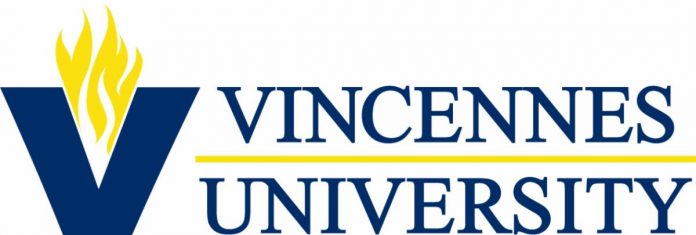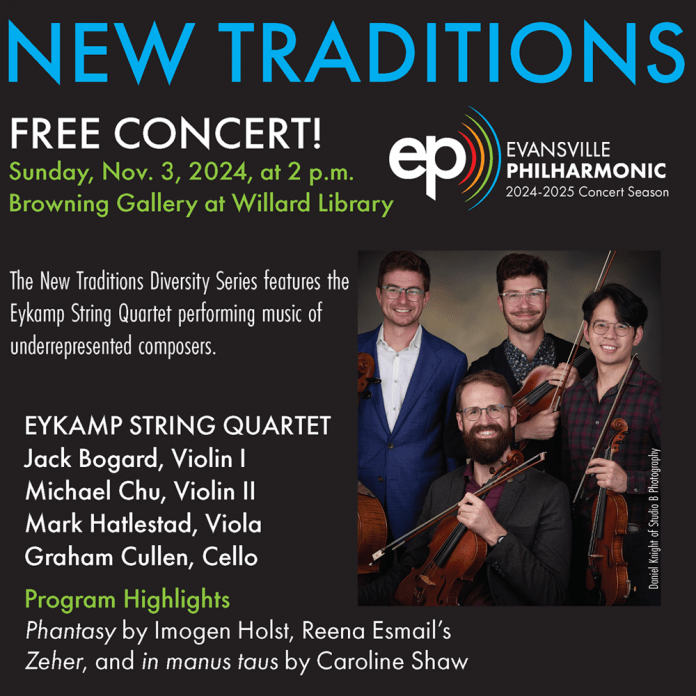RATTLE, RAMBLE AND ROLL WITH
BLACKBERRY SMOKE THIS MARCH
TICKETS GO ON SALE FRIDAY, NOVEMBER 1 AT 10 AM
Evansville, IN – October 28, 2024 – Jay Goldberg Events & Entertainment announce American country rock band Blackberry Smoke is set to bring their next tour, Rattle, Ramble and Roll, to Old National Events Plaza’s Aiken Theatre on March 8, 2025. Fans can pick up tickets early through the venue’s social media outlets on Thursday, October 31 from 10 AM to 10 PM.
Throughout their career, Blackberry Smoke has embodied Georgia’s rich musical legacy, honoring the people, places and sounds of their home state. Their latest album, Be Right Here draws inspiration from Southern rock, blues-leaning classic rock, and rootsy vintage country. The collection is full of vivid and relatable characters that ensure the songs resemble symbolic short stories.
Over the past two decades, Blackberry Smoke has amassed a vast following, leading their last six full-length albums to achieve great chart success, including 2021’s You Hear Georgia, which reached #1 on Billboard’s Americana/Folk Albums chart and 2024’s Be Right Here, which reached the top 5 on the Top Current Album Sales chart. The band has released eight studio albums, two live albums, and five extended plays since its inception in 2001.
With a devoted fanbase of “Brothers and Sisters” who travel from around the world, Blackberry Smoke’s music has become synonymous with connection, resilience, and optimism. They’ve performed on some of the world’s biggest stages, including Austin City Limits, Bonnaroo, Summerfest, and Glastonbury, and their live shows are renowned for bringing fans on an incredible musical journey.
Learn more about Blackberry Smoke at www.BlackberrySmoke.com.
Ticket Information:
What: Blackberry Smoke: Rattle, Ramble and Roll Tour
When: Saturday, March 8, 2025, at 8:00 PM
Where: Old National Events Plaza | 715 Locust Street | Evansville, IN 47708
Tickets: Tickets start at $35.50 plus tax and fees.
VIP packages are available exclusively at Ticketmaster.com.
Tickets are available at Ticketmaster.com or the Old National Events Plaza Box Office.












